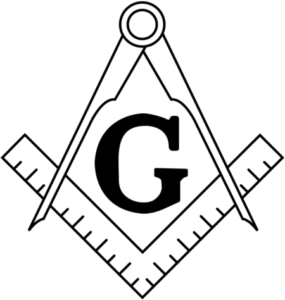How many Beethoven compositions have opus numbers?
As is the case with other composers, the works of Beethoven are classified by genre and more kinds of numbering systems. The most relevant and important numbering is the opus numbering. There are 172 Beethoven compositions numbered in this system and these are listed under 138 opus numbers (one opus number can contain multiple compositions). Apart from opus numbers, there …





